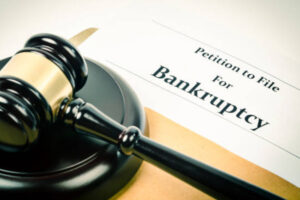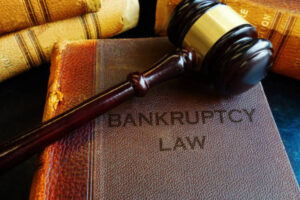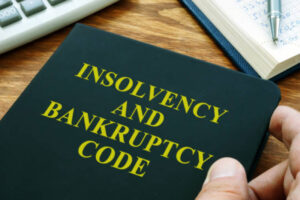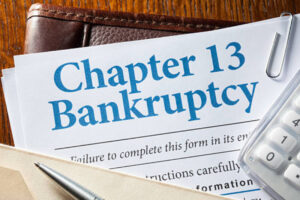The good news is that it’s possible. In most cases, medical bills are unsecured debt, just like student loans and credit cards.
By filing for bankruptcy, you release yourself from the personal liability for the debt. Besides, medical creditors are often easier to deal with than other types of creditors.
Bankruptcy can be a great way to get rid of overwhelming medical bills. However, the first step in the process is to determine which debts you can discharge and which ones cannot.
There are several different chapters in bankruptcy, some of which help businesses and others aid individuals. Medical bills do not fall under personal bankruptcy, which is a good option if you have high medical bills.
Medical bills are classified as unsecured debt, like credit card debt, old utility bills, personal loans, and cash borrowed from friends and family. While you can file for bankruptcy for any of these types of debts, it is best to keep your medical bills separate from your other unsecured debts.
If you have a good credit score, you may want to consider other options before filing for bankruptcy.
While filing for bankruptcy will likely cause your credit score to take a dip, it may not last as long as you think. However, you may find yourself in a worse financial position than before.
One of the biggest reasons most people file for bankruptcy is the high cost of medical care. In the US, nearly one-third of Americans have medical debt. This is because of an unexpected illness or injury that they are unable to pay for.
Medical debt is one of the leading causes of personal bankruptcy, accounting for more than half of all personal bankruptcies.
While many people have a year-round health insurance plan, it’s still possible to accrue huge amounts of debt. Even people who have medical insurance are often shocked by the costs of medical care. Sadly, medical debts lead to bankruptcy for many.
While most people don’t realize it, medical debt can damage your credit history and send debt collectors to your door.
If you can’t pay your medical bills, you can contact your medical provider directly and ask for a payment plan. Some providers may even allow you to use a credit card with lower interest rates to pay off your medical bills.
If you can’t do this, you can also use a small personal loan to pay off your medical debt. These loans can help you pay for medical expenses while rebuilding your credit.
In addition to filing for bankruptcy, you may be able to work out an interest-free payment plan with your provider. These plans are a much better option than charging the bill to your credit card.
Many hospitals and clinics offer financial assistance to their patients. Also, many providers offer 0% or low-interest payment plans.
Personal loans may be available for medical bills with lower interest rates than regular credit cards.
Unfortunately, many people are struggling to keep up with their medical expenses and have turned to bankruptcy as a way out.
A Chapter 7 or Chapter 13 bankruptcy filing can discharge medical bills. So, even if the medical debt isn’t a part of your overall debt, you can still file bankruptcy on them.
While you can choose to file for bankruptcy on medical debt, it is important to understand the different types of bankruptcy before you decide to file for it.









